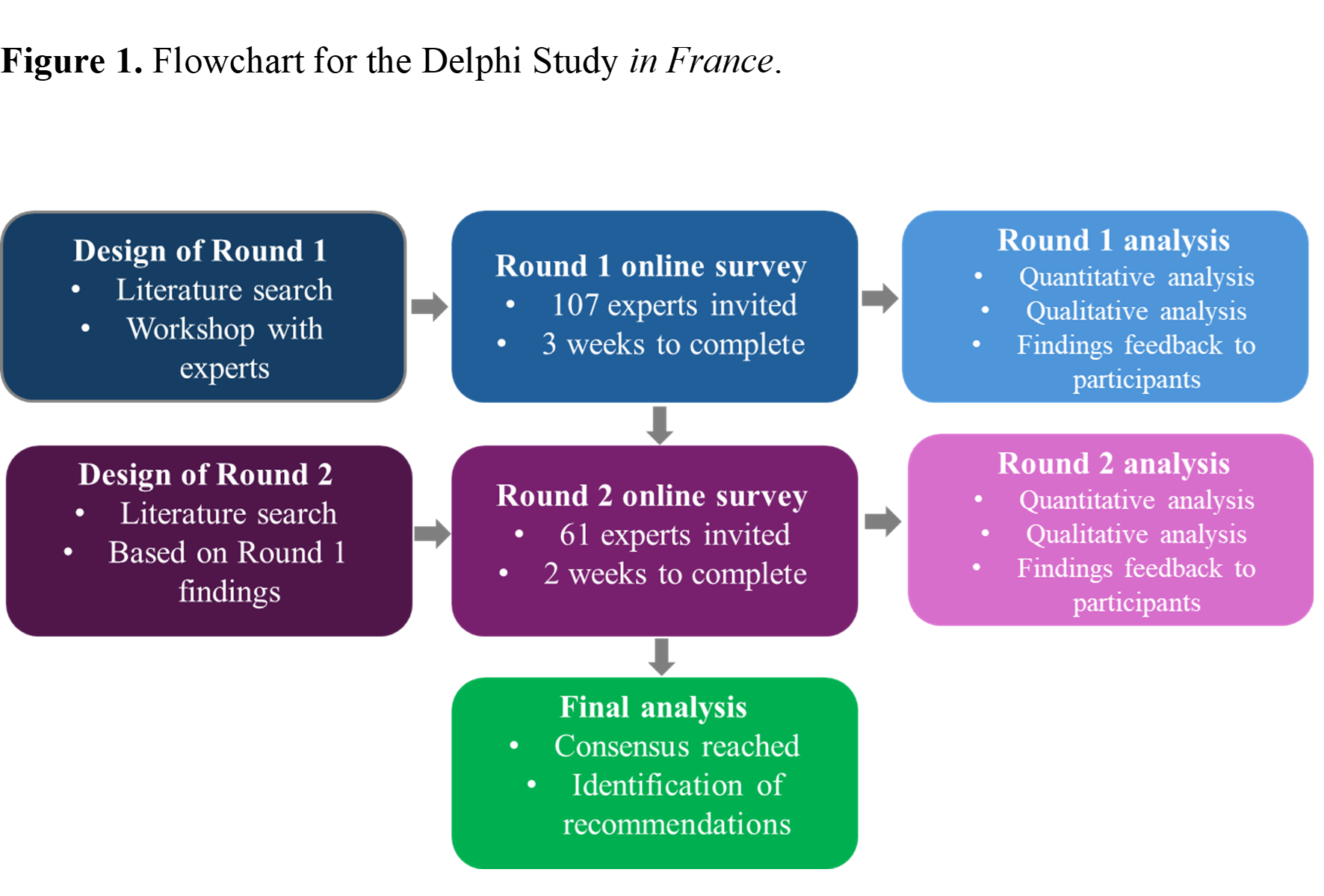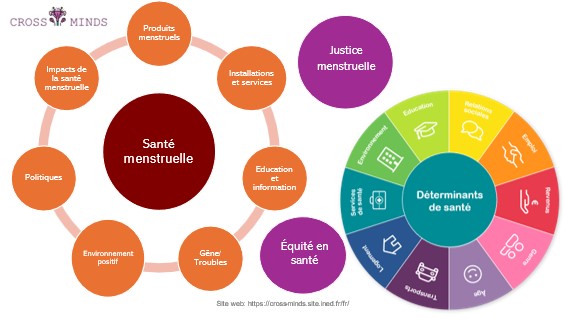Publications
Quelques résultats :

Impact Statement
This study provides a culturally adapted, consensus-based framework for understanding and measuring menstrual health in France, addressing a critical gap in public health and clinical practice. By identifying 33 indicators across physical, mental, social, economic, environmental, and educational domains, the findings offer clinicians, public health professionals, and policymakers a practical tool to assess and respond to menstrual health needs more holistically.
The high level of expert consensus underscores the urgency and readiness for action in this field. Importantly, the study highlights areas of ongoing debate—such as menstrual leave—where further dialogue is needed, guiding future clinical and policy interventions. This work supports the integration of menstrual health into broader health equity and stigma-reduction efforts, ultimately contributing to improved health outcomes and quality of life for menstruating individuals.
Summary
Menstrual health is a key issue for public health, education, and gender equality worldwide. Yet, many countries still lack a clear, shared understanding of what menstrual health includes and how to measure it. This makes it difficult to design effective policies and programs that meet the real needs of people who menstruate.
CROSS-MINDS brought together 61 experts from healthcare, academia, civil society, and government to build consensus on what menstrual health should look like in practice in France. Using a structured consultation method (the Delphi process), these experts reviewed and rated a wide range of indicators over two rounds of surveys.
The result was strong agreement on 33 key indicators that reflect the physical, mental, social, educational, economic, and environmental dimensions of menstrual health. These include access to menstrual products and information, support in schools and workplaces, and addressing stigma and emotional well-being. One topic, menstrual leave, remained more controversial, showing the need for continued dialogue.
Why this matters globally: The study offers a model for other countries seeking to define and measure menstrual health in a culturally relevant way. It highlights the importance of cross-sector collaboration and expert consensus in shaping effective menstrual health policies. It reinforces that menstrual health is not just a health issue; it is a matter of dignity, equity, and full participation in society.
For international policymakers, this research provides a practical framework that can be adapted to different national contexts. It also signals growing momentum for menstrual health to be recognized as a global policy priority, one that deserves investment, legislation, and both leadership and cooperation.


